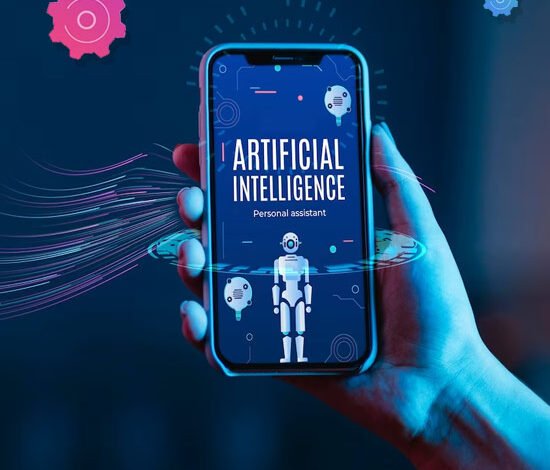
People have been debating for months about who gets credit for what AI creates and how AI affects society. These debates range from people using books illegally to train AI models to Biden’s recent Executive Order on AI. Using AI in professional writing raises ethical questions about responsible technology use and finding a balance between automation and human creativity. How much AI is too much?
Assistance, not replacement
AI-assisted writing can be viewed as a valuable tool in the process of writing. Writing is a combination of various factors, including the writer’s perspective, passion for storytelling, and personal experiences. However, many individuals who aspire to share their stories with the world often struggle with putting their ideas into words or organizing them in a compelling manner. Despite having exceptional ideas, they encounter difficulties in expressing their insights and experiences, leading to a lack of motivation to complete their work or even share it. This is where Artificial Intelligence powered tools come into the picture.
AI-powered tools can be employed at any stage of the writing process, from ideation to refining the final output. The use of these tools does not compromise the user’s autonomy. Instead, it comes down to the user’s ability to harness the tool’s capabilities effectively.
While some individuals may find the blank page intimidating, others may prefer having a first draft to personalize and edit as per their preferences. However, it is crucial to note that AI can help bring the essence of one’s thoughts to life while keeping them intact. Moreover, AI can write an entire piece from scratch based on the ideas fed into it. This is akin to hiring a ghostwriter but less expensive. In today’s world, where not everyone can afford to engage a ghostwriter, AI-powered tools are increasingly becoming available to support individuals in their writing endeavors.
A Matter of Accessibility
It’s important to keep an open mind about AI-powered writing and not just criticize it right away. Some people struggle with writing and find it difficult to put their thoughts and ideas into words. What about people who think differently? They should also be able to share their stories and experiences with others.
Think about writing non-fiction pieces – it requires a lot of research, breaking down complex material into simpler parts, and weaving anecdotes and insights into a coherent piece. For those who don’t have a natural talent for writing, the process can be overwhelming and stressful.
If someone is not confident or motivated from the beginning, they might not finish their work, and that’s a shame. Imagine all the fantastic ideas that never see the light of day just because someone doesn’t have the means to share them with the world!
AI-Generated Content and Authenticity
AI is super interesting, right? But we also have to think about the ethical side of things. It’s concerning when we have loads of AI-generated content without any human input. That’s why AI assistance in creative tasks like writing needs to consider that the more a person is involved in the process, the more human the output will be. Otherwise, it wouldn’t make sense if the writing lacked the author’s unique style and personal touch.
The cool thing is that when AI and humans work together to give structure to our stories and shape our ideas, it makes the writing process less stressful and more enjoyable. Instead of getting bogged down in the details, we can focus on refining our ideas and letting our thoughts flow freely.
Right now, lots of tech companies are developing ways to watermark Artificial Intelligence generated content to make it clear who created it. But it’s not as simple as just labeling everything AI has generated. We need to think about the nuances, like how involved the user was in refining the content and reviewing it before it was published.
At the end of the day, Artificial Intelligence is like a silent co-creator that helps us bring our ideas to life. The goal is to make writing more accessible and help people overcome writer’s block by taking care of the details for them.
[ Read Also: How will AI replace Jobs in 2024 ]


